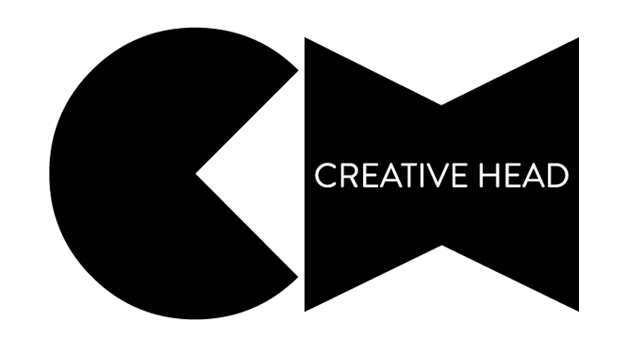What You Need To Know About The Autumn Budget 2025
Rises to National Minimum Wage rates sees salons further squeezed
by AMANDA | INFORM

Increases to the National Minimum Wage have been revealed in the Autumn Budget, meaning additional pressure for salons across the country.
The NMW rate for 18 to 20-year-olds will go up 8.5 per cent, from £10 to £10.85 per hour. The rate for over-21s will rise 4.1 per cent in April, from £12.21 to £12.71 per hour, as part of a plan to establish a single rate for all adults. Under-18s and apprentices will get 45p more to push the rate to £8 per hour.
The news comes as the Government cracks down on those not paying employees National Minimum Wage, with more regular public naming and shaming of employers breaking the rules.
The Treasury said the new rates for 2026 struck a balance between “the needs of workers, the affordability for businesses and the opportunities for employment”. Yet the BBC has reported that there is “widespread evidence” that employers have reduced hiring, shared lower pay rises to other workers or raised prices for customers as higher wages push up running costs.
The NMW increases are on top of a 6.7 per cent rise for over-21s and a 16.3 per cent rise for 18 to 20–year–olds respectively in Rachel Reeves’ Autumn Statement last year. That was alongside a 1.2 per cent rise in employer National Insurance Contributions plus a drop in the threshold that businesses start paying them from £9,100 to £5,000. The changes were estimated to cost the hair and beauty industry £139m, according to a report from the NHBF earlier this year.
Elsewhere, income tax and National Insurance thresholds will be frozen until the end of the 2030/31 financial year. Salary-sacrificed pension contributions will be taxed, and tax on dividends increases 2 per cent. The Office for Budget Responsibility (OBR) is predicting inflation will rise higher than initial predictions – 3.5 per cent instead of 3.2 per cent.
“This Budget was far from the ‘fair and necessary’ action our sector urgently needed”
Caroline Larissey, NHBF chief executive
“For small businesses continuing to navigate the current financial climate, the decision to freeze income tax thresholds until the end of 2030/31 offers some certainty for planning and forecasting,” said Lesley Blair MBE, the chief executive of BABTAC and a previous advisor to HM Treasury. “However, the freeze on National Insurance thresholds will effectively increase employer contributions as wages rise with inflation, adding further pressure on already tight margins.”
She added that several other measures announced in the Budget are likely to place additional strain on both employers and employees. “The move to tax salary-sacrificed pension contributions removes a valuable incentive for staff savings and adds another cost consideration for employers. With the OBR forecasting inflation to rise higher than expected, businesses may feel the squeeze on operating costs, while customers themselves face shrinking disposable income. The 2 per cent rise in tax on dividends will particularly affect owner-operators who pay themselves this way. The cumulative impact with National Minimum Wage rises could challenge the commercial viability of many small salons, potentially leading to price increases or reduced staffing.”
Caroline Larissey, chief executive of the NHBF, added that the Budget delivered “little for the small, people-focused businesses at the heart of every high street”. “Hair and beauty is one of the most accessible and empowering routes into work for women, young entrepreneurs and neurodiverse individuals,” she said, “yet this Budget was far from the ‘fair and necessary’ action our sector urgently needed.”
“Our members have been clear: salons and barbershops are already at breaking point following the last round of wage rises and relentless cost pressures,” she added. “Hair and beauty employers have always backed fair pay, but the Chancellor cannot keep loading costs onto small businesses without offering the support needed to keep them trading and providing opportunities in every community.
“If the Government truly wants to grow the economy, end low pay and keep high streets open, today’s wage announcement must be matched with serious support on National Insurance, business rates, skills and enforcement.”








